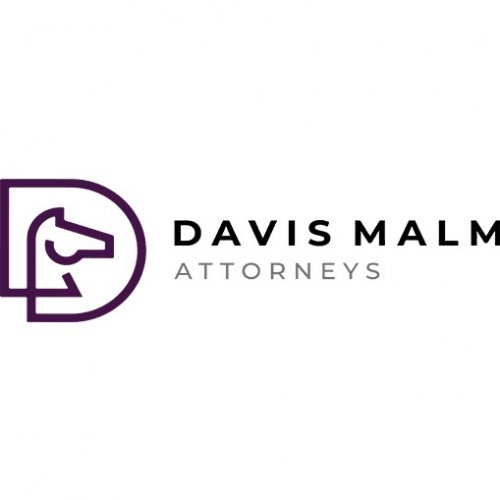Best Collaborative Law Lawyers in Boston
Share your needs with us, get contacted by law firms.
Free. Takes 2 min.
Free Guide to Hiring a Family Lawyer
List of the best lawyers in Boston, United States
About Collaborative Law Law in Boston, United States
Collaborative law is a legal approach used in Boston, United States, to help parties resolve their disputes without going to court. It involves a voluntary process where both parties, along with their respective lawyers, work together to reach a mutually agreeable solution. The focus is on open communication, negotiation, and problem-solving to find resolutions that meet the needs and interests of all parties involved.
Why You May Need a Lawyer
While collaborative law encourages a cooperative approach, it is still essential to have a lawyer representing your interests throughout the process. Some common situations where you may require legal help in collaborative law include:
- Divorce or separation
- Child custody and visitation agreements
- Property division
- Alimony or spousal support
- Modifications to existing agreements
Local Laws Overview
In Boston, United States, there are specific laws and regulations that govern collaborative law. Some key aspects to consider include:
- Boston follows the Uniform Collaborative Law Act, which provides a legal framework for the collaborative law process.
- Parties involved in collaborative law must sign a participation agreement, outlining their commitment to the process, confidentiality, and full disclosure of relevant information.
- If the collaborative law process fails to reach a resolution, the parties must retain new attorneys to represent them in any subsequent litigation.
Frequently Asked Questions
1. What are the benefits of collaborative law over traditional litigation?
Collaborative law offers several benefits, including reduced costs, greater control over the outcome, and the ability to maintain amicable relationships with the other party.
2. How long does the collaborative law process typically take?
The duration of the collaborative law process varies depending on the complexity of the case and the parties involved. However, it generally takes less time than traditional litigation.
3. Can I still hire a lawyer if the other party doesn't want to participate collaboratively?
Yes, you can still hire a lawyer for your own representation even if the other party is not willing to participate collaboratively. Your lawyer can help protect your interests and explore alternative dispute resolution options.
4. Is the collaborative law process confidential?
Yes, collaborative law proceedings are confidential. This means that discussions, negotiations, and any documents produced during the process cannot be used as evidence in court if the process fails and litigation becomes necessary.
5. Can I switch to litigation if the collaborative law process doesn't result in a resolution?
Yes, if the collaborative law process is unsuccessful, both parties will need to retain new attorneys to represent them in any subsequent litigation. The collaborative law attorneys are not permitted to represent the parties in court.
Additional Resources
If you need further information or assistance regarding collaborative law in Boston, United States, you may find the following resources helpful:
- Boston Collaborative Law Council (https://www.bostoncollaborativelaw.com/)
- Massachusetts Collaborative Law Council (https://www.massclc.org/)
- Boston Bar Association - Family Law Section (https://www.bostonbar.org/)
Next Steps
If you require legal assistance in collaborative law in Boston, United States, consider taking the following steps:
- Evaluate whether collaborative law is suitable for your situation and discuss it with the other party involved.
- Research and choose an experienced collaborative law attorney who can guide you through the process.
- Initiate the collaborative law process by signing a participation agreement with the other party.
- Attend collaborative law meetings and engage in open and honest discussions to seek a mutually agreeable resolution.
- If the collaborative law process does not result in a resolution, consult with a new attorney to explore other legal options.
Lawzana helps you find the best lawyers and law firms in Boston through a curated and pre-screened list of qualified legal professionals. Our platform offers rankings and detailed profiles of attorneys and law firms, allowing you to compare based on practice areas, including Collaborative Law, experience, and client feedback.
Each profile includes a description of the firm's areas of practice, client reviews, team members and partners, year of establishment, spoken languages, office locations, contact information, social media presence, and any published articles or resources. Most firms on our platform speak English and are experienced in both local and international legal matters.
Get a quote from top-rated law firms in Boston, United States — quickly, securely, and without unnecessary hassle.
Disclaimer:
The information provided on this page is for general informational purposes only and does not constitute legal advice. While we strive to ensure the accuracy and relevance of the content, legal information may change over time, and interpretations of the law can vary. You should always consult with a qualified legal professional for advice specific to your situation.
We disclaim all liability for actions taken or not taken based on the content of this page. If you believe any information is incorrect or outdated, please contact us, and we will review and update it where appropriate.










